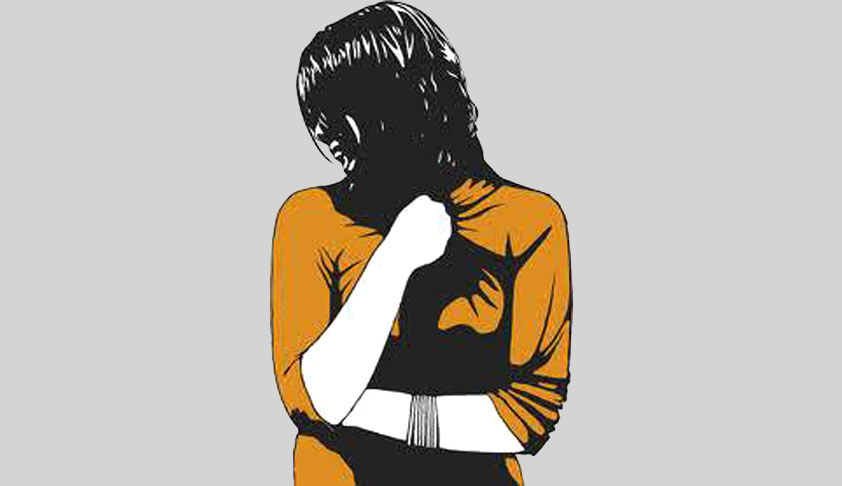Supreme Court allows 14 year old Rape Survivor to terminate her Pregnancy
Apoorva Mandhani
28 July 2015 6:51 PM IST

Next Story
28 July 2015 6:51 PM IST
A two Judge Bench of the Supreme Court comprising of Justices Anil Dave and Kurian Joseph allowed a 14 year old rape survivor to terminate her pregnancy if it is necessary to save her life. By allowing her Appeal against the Gujarat High Court Order, Supreme Court had directed that a Panel of Doctors which consisting of Four Gynecologists should examine the girl on July 30. [Read the...
